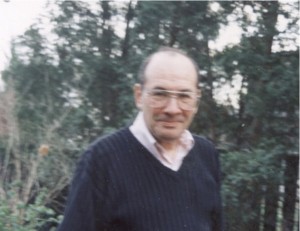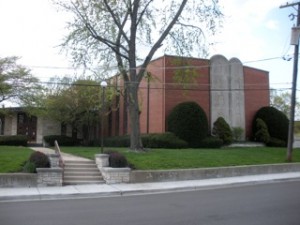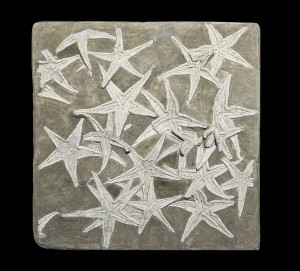Today is Tisha B’av. The saddest day on the Jewish calendar. Tradition teaches us that today both the First and Second Temple were destroyed.
Friday night, as is traditional for Shabbat, we took a break from mourning. We celebrated, we laughed and we cried. Temple Emanuel of the Merrimack Valley hosted a potluck dairy dinner and Shabbat service in honor of my husband Simon, my daughter Sarah, and me. We led the service, we shared memories, we ate yummy food. We have called Temple Emanuel an improbable community. That was evident on Friday. In the middle of the summer, over 80 people showed up. Jews from five or six congregations and differing levels of practice and observance, Catholics, Protestants, Muslims. Continue reading
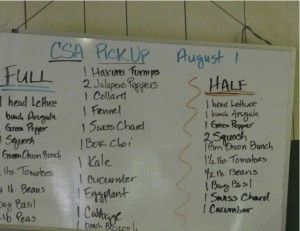
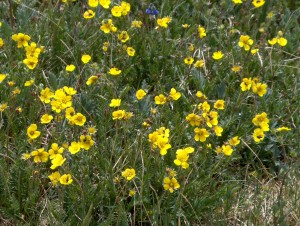
 I knew there would be tears. I just didn’t know when. This past Friday night we celebrated perhaps the last Kabbalat Shabbat in our house. Our daughter has been gifting herself with flowers on Friday since she returned from New York. The table was set with beautiful pink roses she chose in Energizer Rabbi pink, and a white tablecloth. We were using beeswax candles that she had made
I knew there would be tears. I just didn’t know when. This past Friday night we celebrated perhaps the last Kabbalat Shabbat in our house. Our daughter has been gifting herself with flowers on Friday since she returned from New York. The table was set with beautiful pink roses she chose in Energizer Rabbi pink, and a white tablecloth. We were using beeswax candles that she had made 